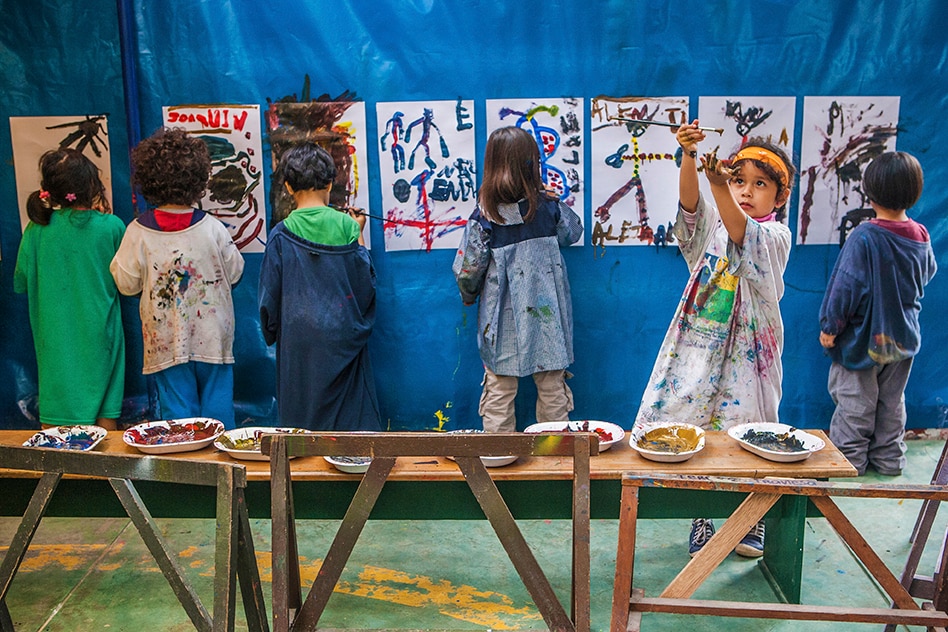Shona Crichton from The Communication Trust writes about 'Parents as partners for better speech, language and communication outcomes'.1
We know that children make progress in any area of their development when they can be supported to thrive in the place and with the people where they spend the most time and who know them best. Parents are experts on their children and provide information that is integral to ensuring that a child or young person makes the best progress that they can. However there may be challenges when striving to achieve good practice for including parents in supporting children’s speech, language and communication development.
The new SEND Code of Practice highlights the importance of engaging and involving parents and families. Those working with children and young people with speech, language and communication needs (SLCN), or any SEND, have a responsibility to ensure that parents are engaged with and involved in decisions that affect their child.
It’s likely that every practitioner reading this blog has examples of times where we achieve true collaborative working with parents, and times when it doesn’t work so well. What is it that we need to be aware of when working with parents to support their child’s speech, language and communication at home?
Ensuring parents are real partners - Parents want to be included as real partners, with true collaboration taking place. The challenge is not only that every child is different, but every SLCN is different, and every family is different. Taking time to share with parents their experiences of home life and their child’s SLCN, and your understanding and perception of the child’s strengths and needs will help towards partnership working that is meaningful to both parent and practitioner.
It doesn’t have to be extra – Discussing what home life is like with parents provides an opportunity to think about how language and communication can be woven in to elements of daily life that are happening already. For some parents, the thought of squeezing extra in to busy lives is just not manageable. However, the beauty of speech, language and communication is that it’s part of everything that we do. Discussing what life is like for families and working together to think about where and how speech and language targets might sit in their daily routine can be a great first step to integrating targets in to daily life. Prepositions in the bath or practising turn taking during tea-time means that speech, language and communication targets can become part of daily life.
Consider parents’ views and wishes - The Better Communication Research Programme sought views of parents with children with speech, language and communication needs. Findings from this paper show that parents are generally concerned with long term outcomes for their children – parents want their children to be included socially and to achieve independence. As practitioners working with children and young people with SLCN, our skill is in understanding parents’ long term wishes for their children. We can then break these down in to manageable, attainable short term targets that link with the long term aims that everyone can work towards achieving.
Keep parents informed – The same research also highlighted that parents like to be kept informed of how children are getting on in achieving their objectives, and that this was different across the parents who were interviewed – some wanted a weekly update on progress, others were happy to meet to discuss targets on a 6 monthly basis. Discuss with parents how and when they’d like to discuss their child’s progress with you.
The Communication Trust is a coalition of over 50 not-for-profit organisations with expertise in speech, language and communication and SLCN. Although our main audience is the children and young people’s workforce, we also have some information that’s useful for parents as do many of our members. Take a look at our website for more ideas and resources to help you encourage parents to support their children’s speech, language and communication development at home.
www.thecommunicationtrust.org.uk
[1] Throughout this article, the term ‘parent’ refers to any person who is the child or young person’s main carer.



